Reduce production costs
For many years, Mrs. Nguyen Thi Thuy's family in Ngo Cuong village, Nhan Thang commune has been sorting garbage at home. Organic waste such as leftover food, vegetables, and tubers are treated with IMO to fertilize plants or make animal feed. Some types of waste can be recycled or sold to scrap collectors. This habit was formed thanks to the Commune People's Committee's propaganda about the impact of the environment on human health.
Talking to us, Ms. Thuy said: “In the past, my family often left garbage together, which was unhygienic and took up a lot of space. After being informed about treating organic waste at home with IMO products, my family started to classify garbage according to the instructions of environmental officers, and now it has become a habit. It only takes a little more effort, but in return, we can take advantage of the garbage source for reuse.”
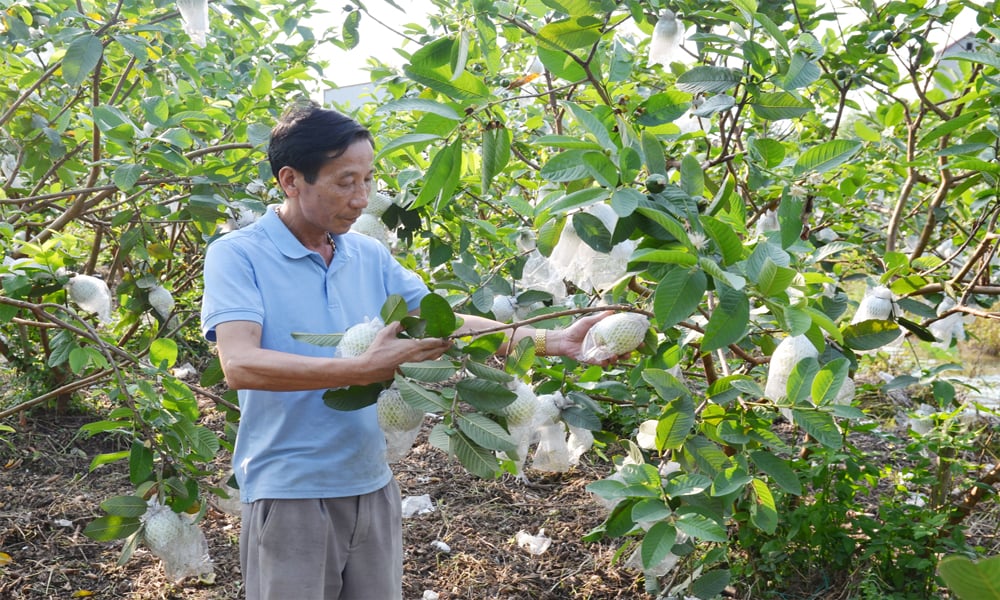 |
Mr. Nguyen Xuan Nam, Phuong Do village, Nhan Thang commune with a 6.7 hectare farm model using IMO microbial products to help improve economic efficiency. |
The 6.7-hectare farm specializing in growing fruit trees combined with raising goats and earthworms of Mr. Nguyen Xuan Nam's family in Phuong Do village has had a stable revenue of about 1.6 billion VND for many years now, after deducting expenses, the profit is about 600 million VND/year. One of the outstanding advantages of the farm is that all waste from the livestock process is used as raw material to raise earthworms, grow grass, and fertilize crops; fruits that are not of guaranteed quality after harvest are treated with IMO products used as animal feed. Thanks to that, it not only helps to improve production efficiency but also contributes to reducing environmental pollution.
Previously, every time she cooked or cleaned the garden, Ms. Nguyen Thi Vuong, Tan Huong village, often threw discarded vegetable leaves and fruits into the trash or at the base of a tree. Since being instructed by the Commune Women's Union on how to treat organic waste with IMO microbial products, she has "turned" organic waste into fertilizer for plants. Ms. Vuong said: "My family's economy depends on vegetable production. Since applying the method of treating waste with IMO products, I find it very useful because when watering vegetables and fruit trees with the products, the soil will be looser, the vegetables will grow well, with fewer pests and diseases, especially without having to spend money on buying chemical fertilizers." According to Ms. Vuong, with only 100,000 VND, she can make 5 liters of original IMO products. With the above amount, she can use and replicate to compost organic waste as fertilizer for 1.5 sao of vegetables, if using chemical fertilizers, it will cost 500,000-600,000 VND. In addition, all organic waste is used to make products, helping to keep the house clean and tidy.
According to Ms. Vuong, the formula for creating IMO microbial products is very simple. The initial ingredients include: 2 liters of clean water, sugar, original yeast or digestive yeast (type with Lactobacilus Acidophilus and Bacilus sublitis strains), yogurt, rice bran, ripe fruit, and yeast. The above ingredients are incubated for 6 days to get original IMO. Then pour this product into organic waste and incubate for 1 month. Dilute the compost after incubation with the appropriate ratio to have organic fertilizer to water the plants.
Protect the ecological environment
IMO (Indigenous Microorganism) is a native microorganism prepared by using natural raw materials and fermenting, creating many different types of microorganisms that exist in the natural environment, with high biological activity. This type of preparation has many practical uses such as: Mixing into animal feed to support the immune system of livestock and poultry; quickly decomposing organic waste, creating fertilizer for plants; helping to improve soil; treating water in ponds and lakes for aquaculture.
The entire Nhan Thang commune currently has 7,349 households, reaching a rate of 100% implementing waste classification, of which about 2,200 households, reaching a rate of 30%, use IMO microbial products to treat organic waste at home, thereby helping to reduce 30-40% of household waste released into the environment. All daily waste generated in 15 villages in the commune is collected to collection points, transferred by carts and sprayed with IMO products before being sent to centralized waste incineration plants for treatment.
| The entire Nhan Thang commune currently has 7,349 households, reaching a rate of 100% implementing waste classification, of which about 2,200 households, reaching a rate of 30%, use IMO microbiological products to treat organic waste at home, thereby helping to reduce 30-40% of household waste released into the environment. |
According to Mr. Nguyen Kim Huyen, Head of the Economic Department of Nhan Thang Commune, to raise people's awareness, the commune requires villages to regularly guide families to form the habit of sorting garbage at home. At the same time, propaganda to raise awareness of environmental protection through consulting forms, integrated into mass activities: Women's Union, Youth Union, Farmers' Association... to mobilize people to voluntarily participate in cleaning the environment around their living area. Each person has a job, collecting, sorting garbage, sweeping, planting flowers... creating landscapes for village roads and alleys. Through general cleaning sessions, people's responsibility in preserving the environment has gradually been raised. Thanks to that, the countryside space is more airy and clean, there is no longer the scene of littering on the roadside or garbage piled up in sacks waiting to be collected, the appearance of the countryside becomes bright - green - clean - beautiful.
After more than 4 years of implementation, the method of treating organic waste with IMO microbial products has been applied by many households in Nhan Thang commune. This is a good and easy-to-do method, bringing economic efficiency associated with environmental protection. From the dual benefits that this product brings, in the coming time, along with promoting people to classify waste at home, Nhan Thang commune will focus on training and instructing people on the method of treating organic waste with IMO microbial products, mainly women's union members, veterans, and youth union members. The people's wish is that the commune has a policy to support microorganisms and containers, and at the same time promote propaganda so that people understand the benefits of classifying and treating organic waste with IMO microbial products in order to further replicate the model, contributing to protecting the ecological environment and improving the efficiency of agricultural production.
Source: https://baobacninhtv.vn/loi-ich-kep-tu-su-dung-che-pham-vi-sinh-imo-postid428163.bbg


![[Photo] Prime Minister Pham Minh Chinh launched a peak emulation campaign to achieve achievements in celebration of the 14th National Party Congress](https://vphoto.vietnam.vn/thumb/1200x675/vietnam/resource/IMAGE/2025/10/5/8869ec5cdbc740f58fbf2ae73f065076)

![[Photo] Prime Minister Pham Minh Chinh chairs the Government's online conference with localities](https://vphoto.vietnam.vn/thumb/1200x675/vietnam/resource/IMAGE/2025/10/5/264793cfb4404c63a701d235ff43e1bd)


![[Photo] Opening of the 13th Conference of the 13th Party Central Committee](https://vphoto.vietnam.vn/thumb/1200x675/vietnam/resource/IMAGE/2025/10/6/d4b269e6c4b64696af775925cb608560)
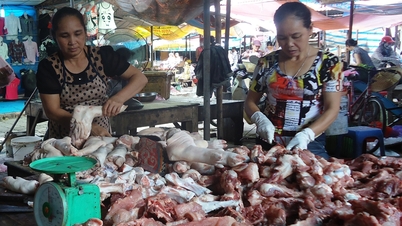


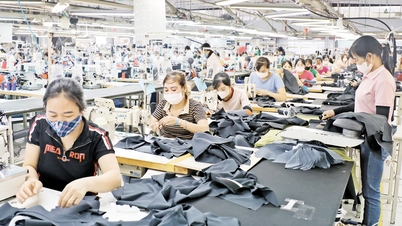




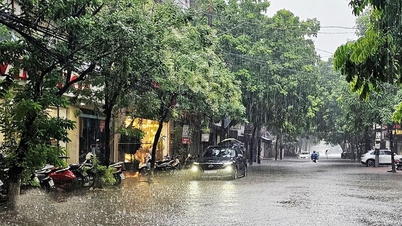

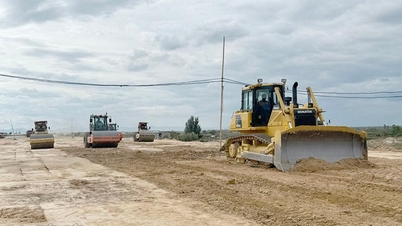

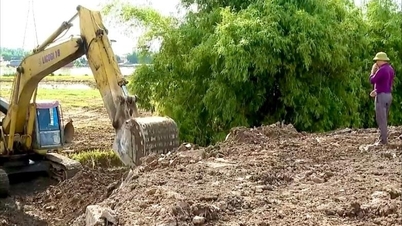


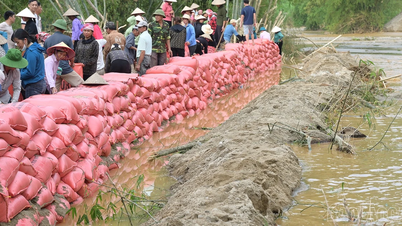





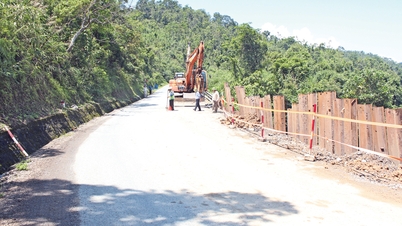
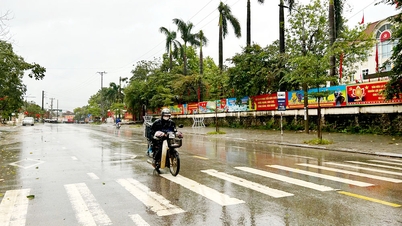
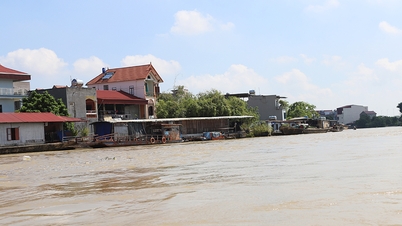
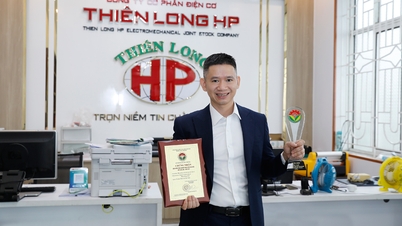
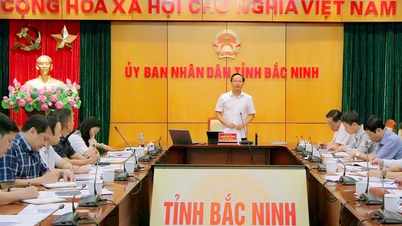
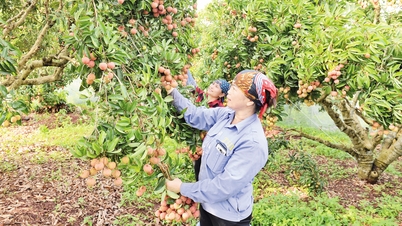




























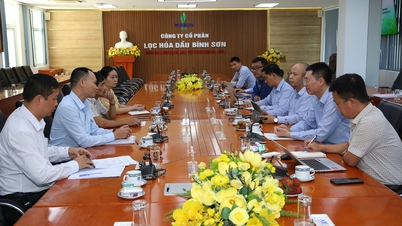

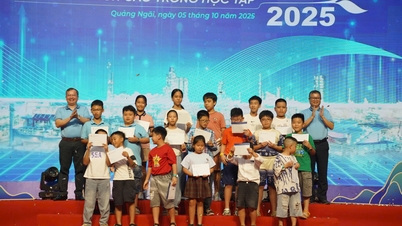

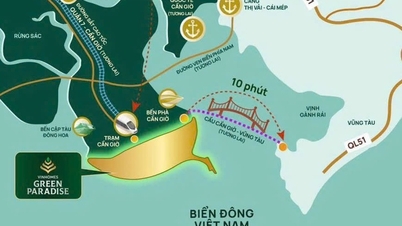

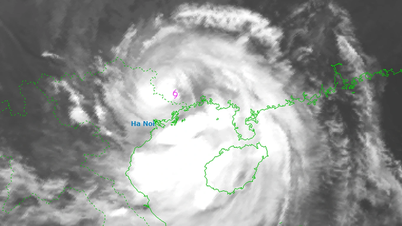
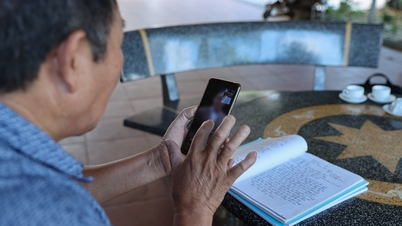
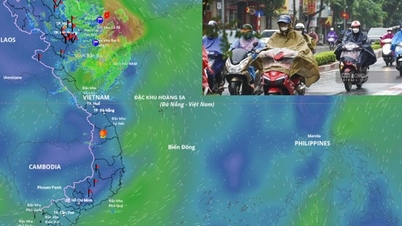


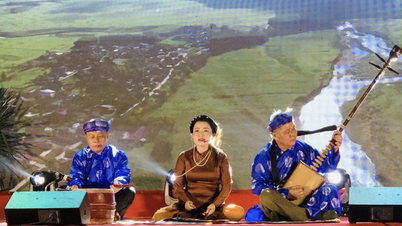

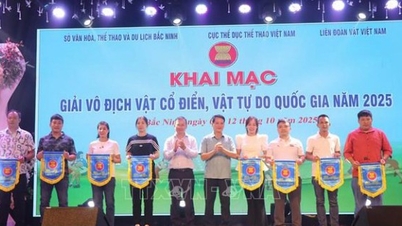

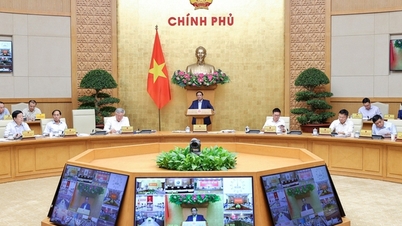


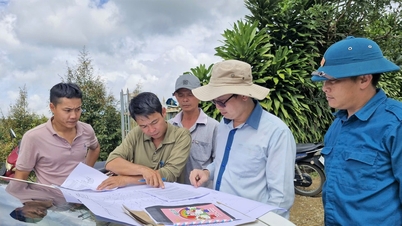

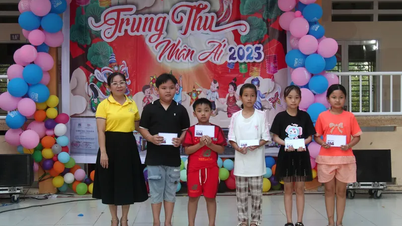

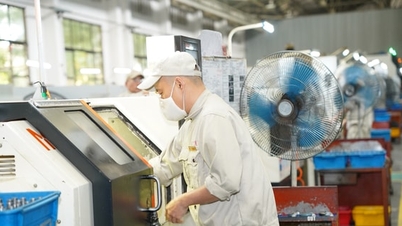

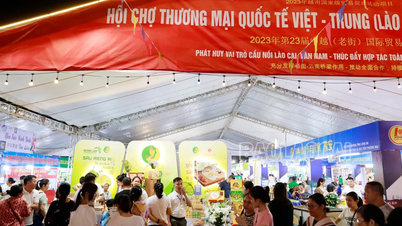
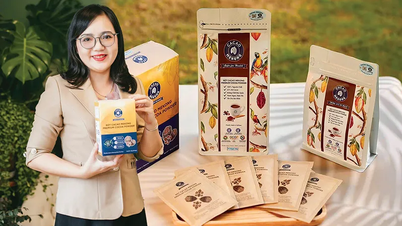
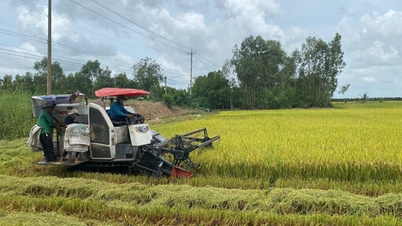













Comment (0)